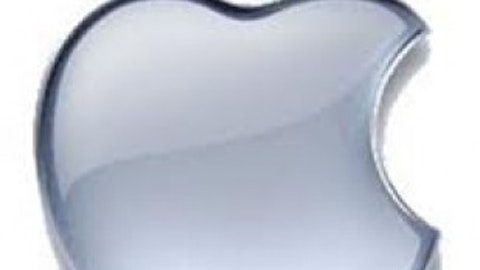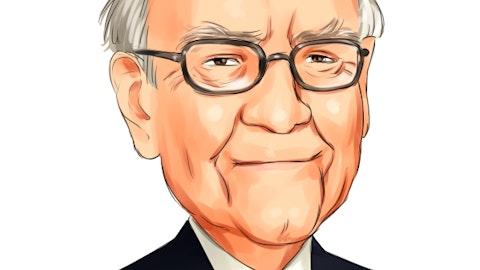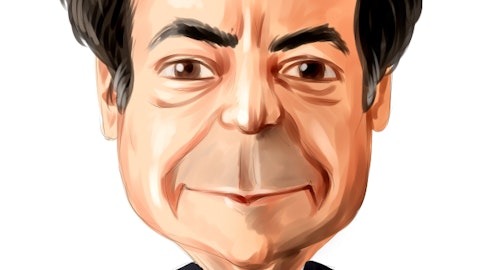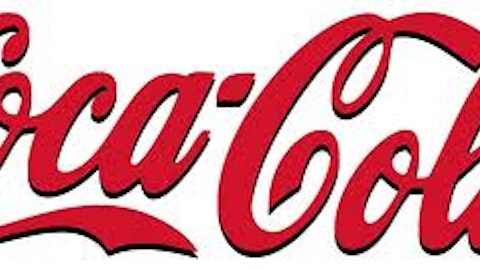Greenlight Capital felt it had won a battle against Apple Inc. (NASDAQ:AAPL) when a US judge ordered a preliminary injunction stopping a vote on the controversial proposal that limited Apple’s ability to issue preferred stock without shareholder approval. Greenlight Capital had sued Apple on Feb. 7 to block the proposal. But in this case, Greenlight’s intentions may harm the long-term future of the company.
The case

The proposal was supposed to amend Apple’s articles of incorporation by changing the language about election of directors, having a minimum value for the Apple Inc. (NASDAQ:AAPL) shares, and the need for the company to have a shareholder vote before issuing preferred shares. Mr. Einhorn wanted to vote in favor of the first two proposals, but strongly opposed the last.
What is the main issue?
Greenlight Capital, which owns 1.3 million shares of Apple Inc. (NASDAQ:AAPL), has been trying to convince the management to distribute excess cash to its shareholders. Apple has $137 billion as cash and cash equivalents (or $133 billion, net of debt). Greenlight had suggested that Apple should issue preferred shares with perpetual dividends. That’s why Apple wanted a proposal that would require shareholders’ approval before the issuance of preferred stock.
Apple Inc. (NASDAQ:AAPL) CEO Tim Cook has described the lawsuit as a “sideshow,” and he may not be completely wrong. The judgment only means that Apple’s effort to pass the proposal bundled with other issues will not materialize. However, Apple will now only have to put three proposals instead of one for voting. It does not imply that the shareholders will necessarily vote against the proposal.
And even if the proposal is voted down, this will only mean that Apple Inc. (NASDAQ:AAPL) need not take shareholder’s approval before issuing preferred shares. Greenlight Capital will then have to convince Apple’s management to issue preferred stock, and also convince shareholders to pressure the management to provide such shares.
Interestingly, the director of global governance of Calpers (California Public Employees’ Retirement System), Anne Simpson, had issued a statement backing Apple. Calpers is known to be a very proactive investor, and is also known to vote against the management if shareholder interests are at stake. Thus, if Calpers is backing Apple, it’s going to be very difficult to convince the other shareholders to vote against the company.
Apple’s current cash distribution policy
Apple Inc. (NASDAQ:AAPL) has issued a cash dividend of $2.65 thrice in the last six months. The cash dividend program has been restarted for the first time since 1995. The company had, in the early 2000s, seen unprecedented growth in its fortunes, and was thus investing money in itself, rather than issuing dividends. The restarting of the dividend program shows that the company’s board clearly realizes the issue at hand and the need to distribute the excess cash to its shareholders. Thus, there does not seem a need to force the board into issuing dividends.
The key concern here is whether preferred stock or equity dividends should be used to distribute the excess cash. The simplicity of dividends is that the program can be suspended at will. If management or the board feels that the market scenario or company’s recent performance warrants that the dividend program be suspended, it can easily be done. However, the same cannot be said about preferred stocks. Although such a move would not be impossible, the cost of suspending the dividend program via preferred stocks will be very high.
Is Apple correct in being conservative?
Interestingly, Apple’s stock has been consistently falling since September 2012. It was trading at around $700 in September, while it is now trading at $ 450. Thus, the company needs to come up with another extremely successful product soon, to reinstill confidence in its shareholders. The company’s latest offering, the iPhone 5, was criticized by the market for lacking the innovation seen in its earlier products. Apple may need to invest further in R&D to innovate within its current line of products and/or come up with new ones.
In addition, Apple has been locked in a fight with Samsung, backed by Google Inc (NASDAQ: GOOG)’s Android software platform, over global market share in the smart phone race. Samsung’s S3 phone’s sales have been consistently going up, surpassing the iPhone 5 globally. Apple has also been locked in numerous lawsuits with Samsung regarding the design of smartphones and tablet computers. Thus, it’s safe to say that Apple does carry a considerably huge contingent liability in its books.
Apple is also facing considerable competition from the launch of BlackBerry’s new Z10 phone. On Monday, one Canadian retailer said that since Feb. 5, the new phone had sold more than the iPhone 5. Although this may not necessarily be the long term trend, Apple is sure to feel pressure on its own sales.
Give Apple time to come back
Apple shares rose 1.1% on Friday after the court verdict, indicating that some investors may be keen to get excess cash out of the company. However, these investors are definitely not going to be able to earn the sort of returns that investors in 2008 and 2009 would have. It is crucial to Apple’s long-term prospects, and hence also the interest of share holders, that the management of the company is given the flexibility to issue and stop the dividends as needed. As an investor, I would be looking forward keenly for the launch of the company’s next product, before asking the management to expedite its cash distribution.
The article Einhorn vs. Apple: A Battle Won, But What About the War? originally appeared on Fool.com and is written by Sujata Dutta.
Copyright © 1995 – 2013 The Motley Fool, LLC. All rights reserved. The Motley Fool has a disclosure policy.





